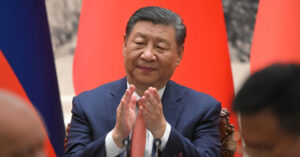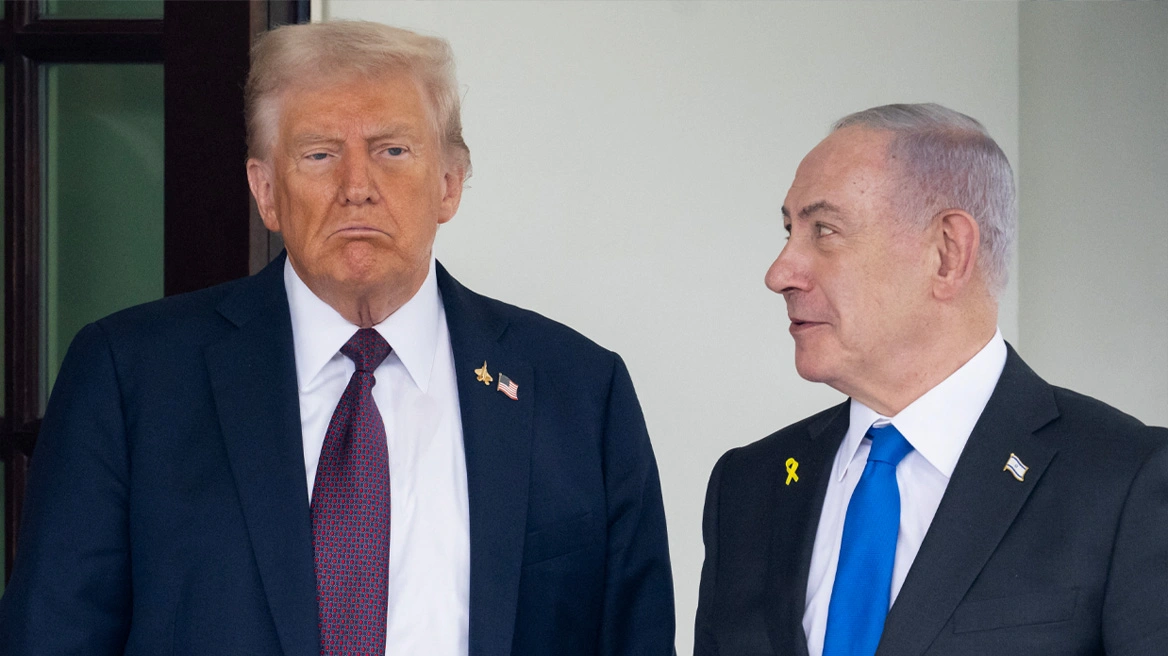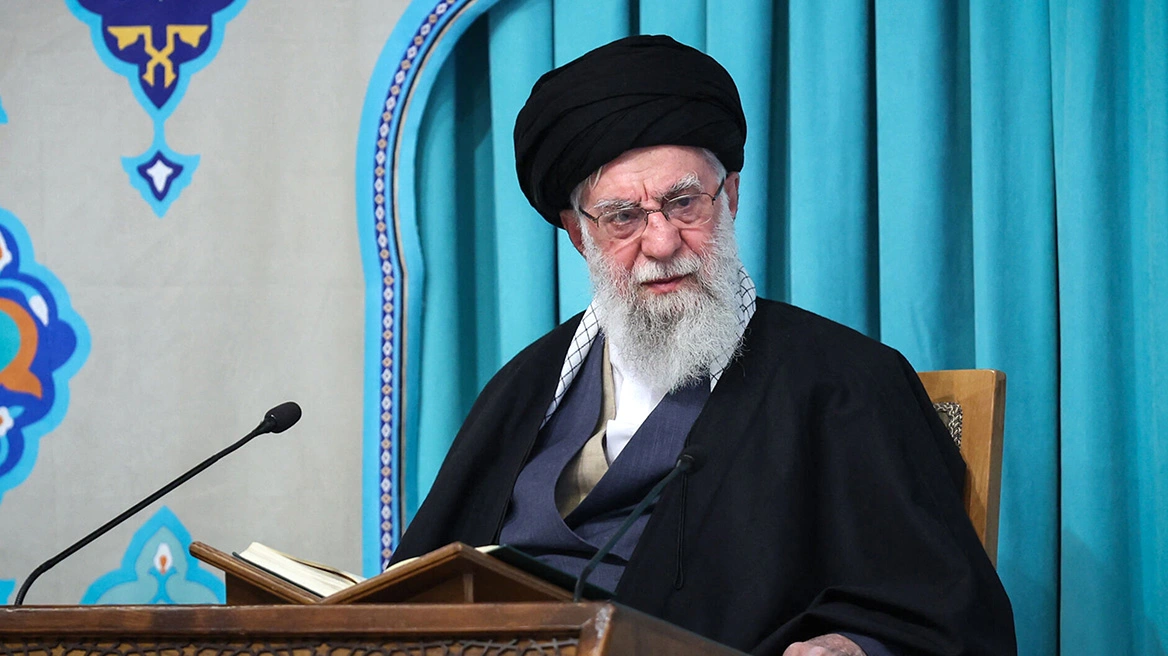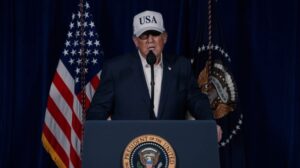In a world where global balances are shifting and geopolitical strategies are reshaping, China appears to retain a “magic weapon” that it uses with precision to influence events and control global rhetoric. As described by Mao Zedong and reaffirmed by Xi Jinping, this weapon is none other than the United Front Work Department (UFWD).
The UFWD has brought concerns of espionage and foreign interference to the fore, with recent cases such as that of businessman Yang Tengbo intensifying the debate.
The Role of the United Front
The United Front was created to serve the Communist victory in China’s Civil War. After the Communist Party’s victory in 1949, its activity was curtailed, but under Xi Jinping, it has been revived. Its aim is to form the “broadest possible alliance with all social actors,” according to analyst Marake Olberg, as reported by BBC.
The UFWD does not limit itself to domestic activity but emphasizes its outreach to Chinese living abroad. It aims to shape global perceptions on sensitive issues such as Taiwan, Tibet, and the persecution of minorities such as the Uighurs.
Influence and espionage
The UFWD often operates in ways that are difficult to prove, shrouded in a veil of “reasonable doubt”. Through Chinese communities abroad, it attempts to promote the Communist Party’s agenda, censor anti-government voices and threaten members of minorities living abroad.
Cases such as the ban on Yang Tengbo’s entry into Britain or the accusations against Chinese lawyer Christine Li for “cultivating relations” in the UK are illustrative. Similar incidents have been reported in the US, such as the case of Linda Sun, who was accused of supporting Chinese interests through her position in the New York governor’s office.
The blurred distinction between influence and espionage
One of the biggest problems associated with UFWD is the blurred line between “cultivating influence” and espionage. As China increases its geopolitical power, its ability to influence public debates and promote its views globally is increasing.
As political scientist Ho-Fung Hung notes, “The line between influence and espionage is blurred.” The nature of UFWD’s activities makes it difficult to detect and counter, leaving room for doubt.
Reactions and consequences
The UFWD’s actions have provoked strong reactions in countries such as the US, Australia, and the UK, where they have accused Beijing of attempts to manipulate and interfere. However, China categorically rejects the accusations, calling them absurd.
Despite its controversial nature, the UFWD remains a central tool of Chinese foreign policy. Its revival under Xi Jinping reflects China’s determination to strengthen its position globally, using not only military power but also control of the global narrative.
Ask me anything
Explore related questions





